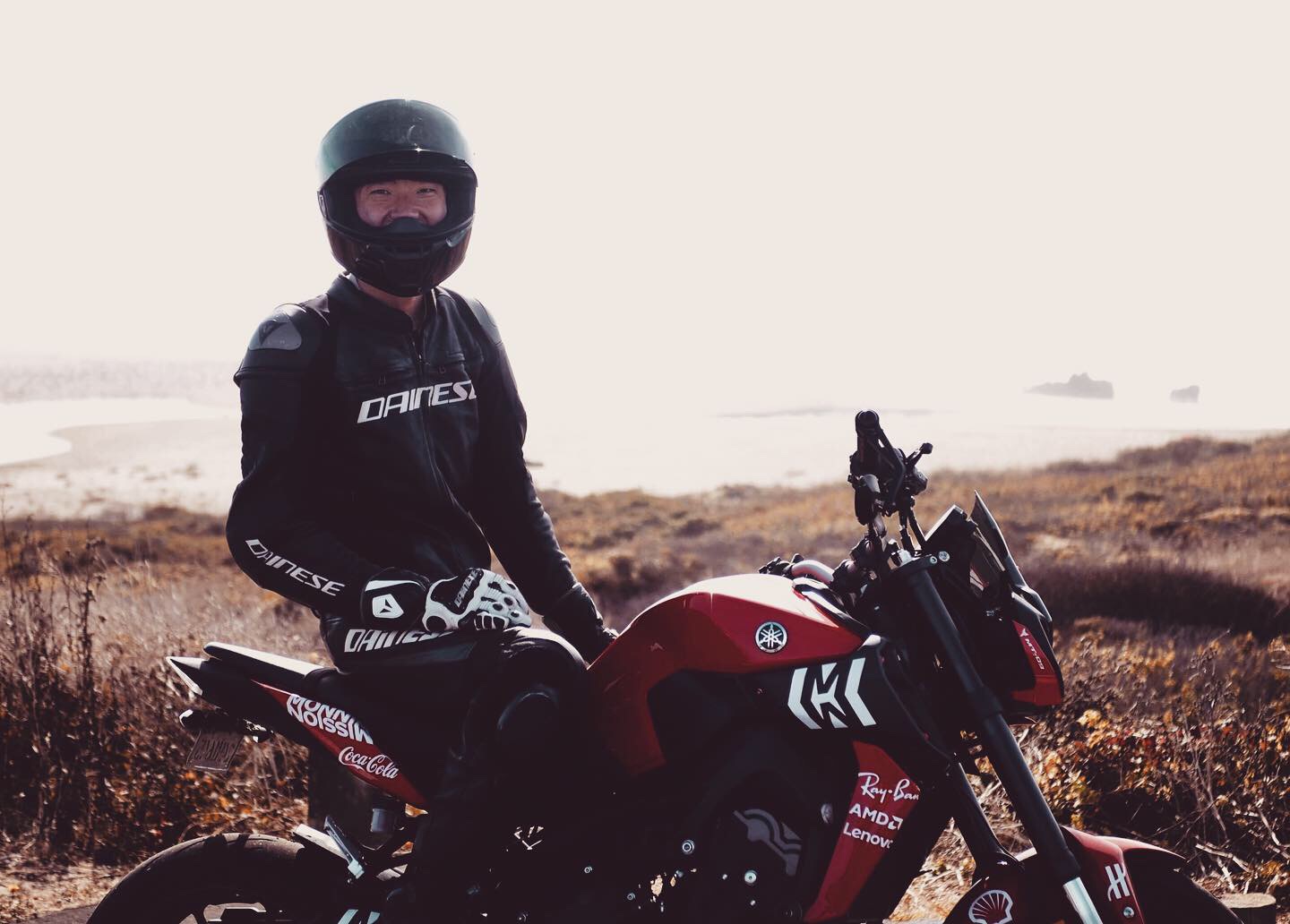theLemonSqueeze
Walkin' on Sunshine
생로병사(生老病死)
July 18, 2025
When's the last time you saw someone you know by complete chance? I'm not talking about a casual run-in at the grocery store or bumping into someone at work. I'm talking about a random encounter, where you are in the most unexpected place, and out of nowhere, you recognize a face you haven't seen in years. Your brain takes a second to register it. You stare. They stare. And all at once, you realize you know each other...

1plus1
On Deserving Good Things
June 7, 2025
I didn't get everything I wanted when I was a kid. I always thought that being told "no" was a universal experience, but after talking with friends, it seems like not being able to eat the foods I wanted to eat, and not being able to go to places I wanted to go was strangely unique. And I'm not saying that to feel sorry for myself. I'm not clinging to it on purpose. But for some reason, it's hard to shed. It sticks to the back of my thoughts like gum on a shoe...
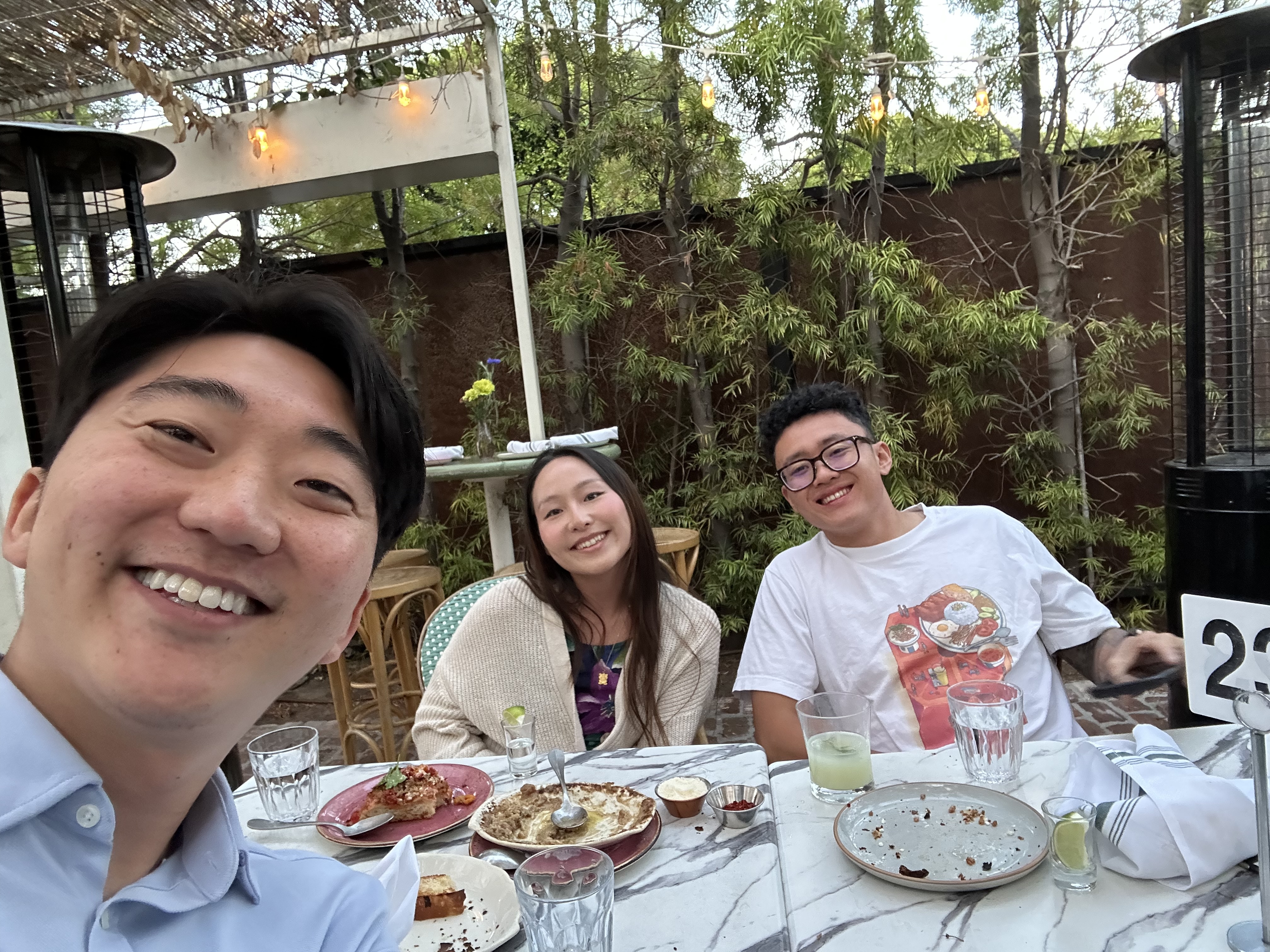
Liquor, Sweat, and Bulletproof Glass
Embracing Identity
February 4, 2020
A mile east of where the 5 merges with the San Bernardino freeway is Duke's Sportsman Liquor store. Duke and Sunny, my middle aged parents from South Korea, owned the small liquor store in the city of Terrace for nearly a decade. Sitting on a stool behind the hanging rolls of scratchers, I watched my parents work. My dad, with his toes exposed in his velcro sandals, greeted customers while talking with the Budweiser courier about the day's shipment...
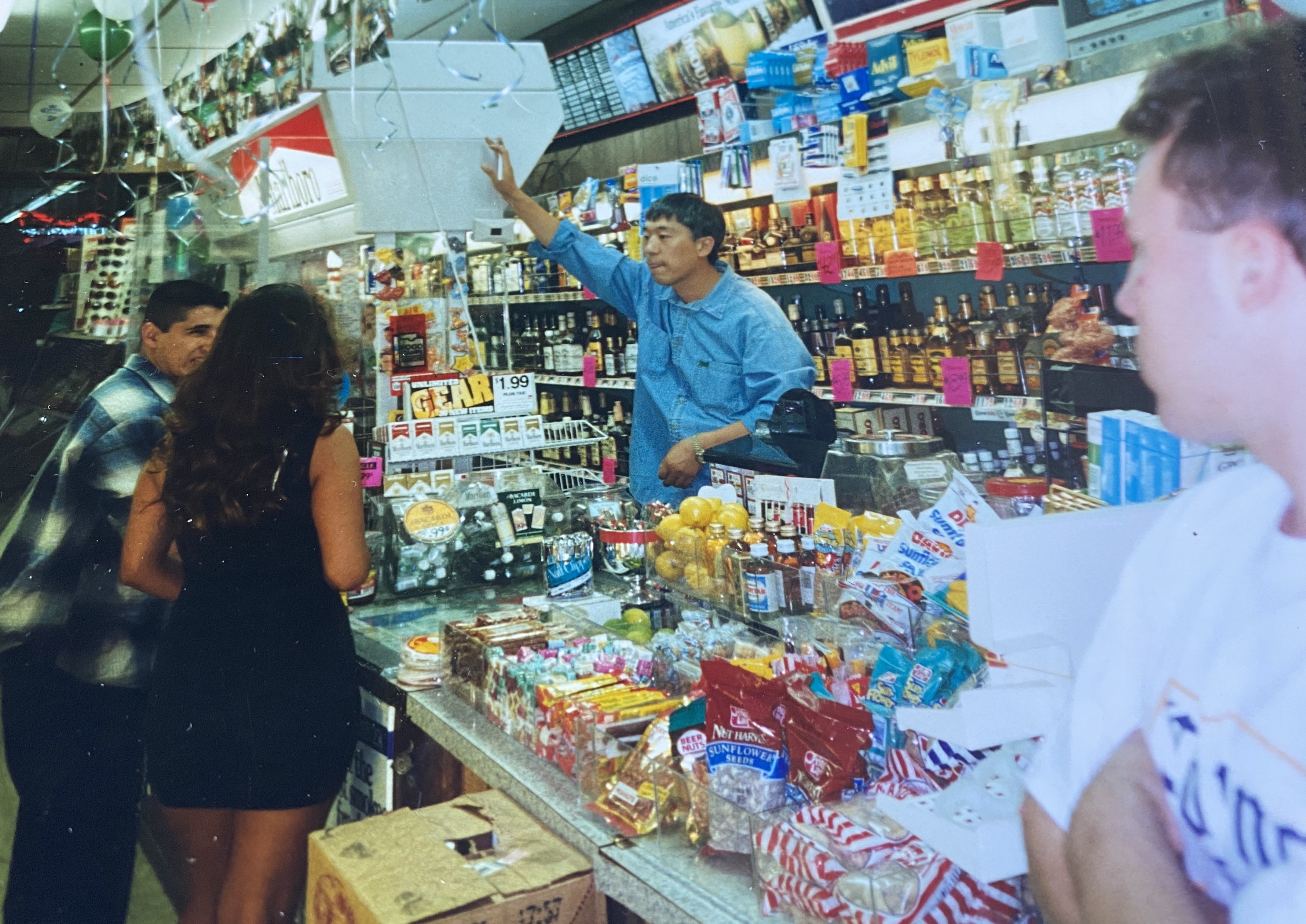
Did you eat yet?
Agape(ἀγάπη) love
February 5, 2020
"Why can't you be like white parents?" As a seventh grader who just spent the weekend at Jacob's house, I heard a constant flow of "I love you" and "I love you too" throughout the day. I bicycled back home just in time for my mom's signature spaghetti and meatballs, and I sat fiddling with my chopsticks until I asked, "Do you love me?" My mother stayed quiet until she said, "Don't ask me those kinds of questions"...
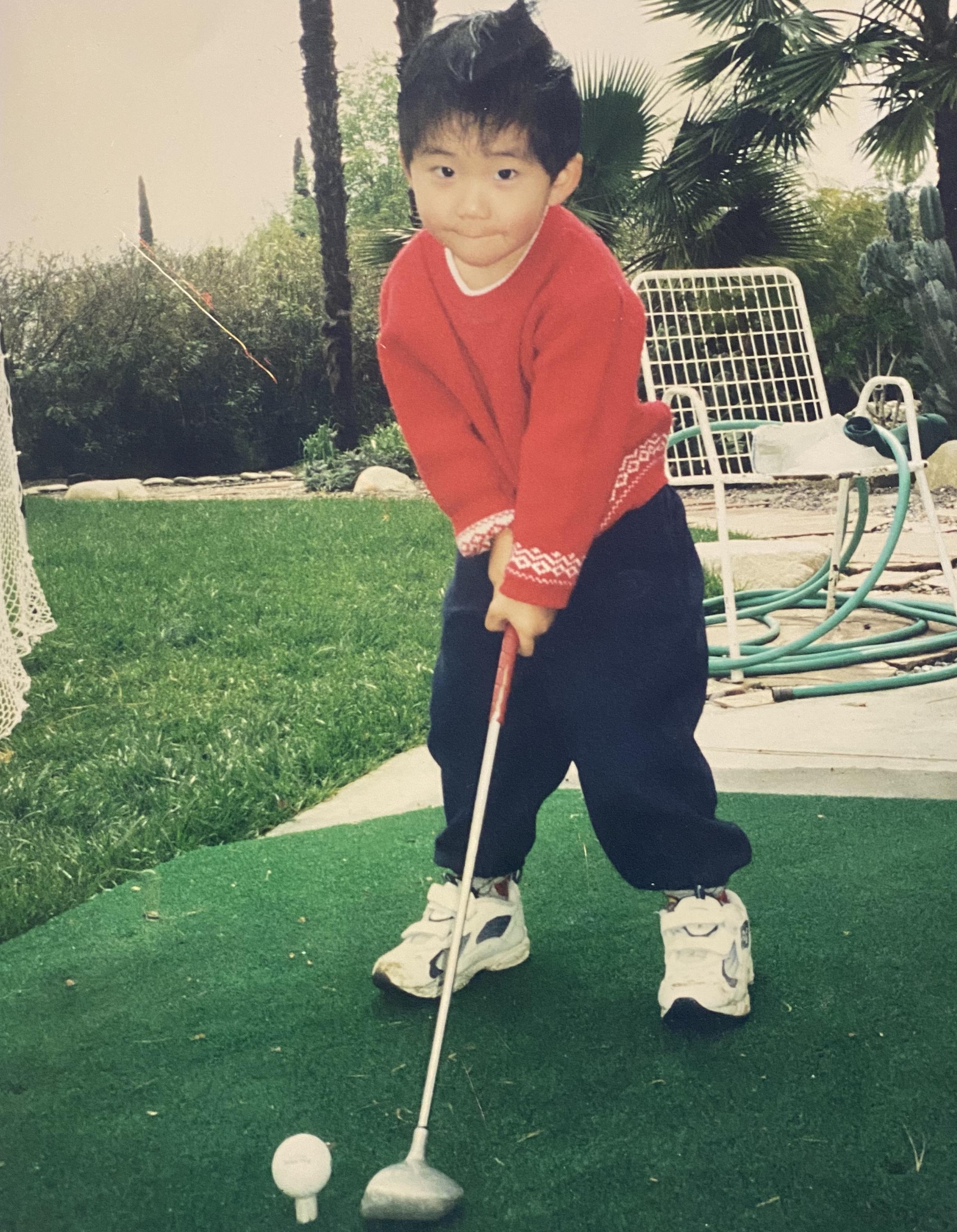
¿Sabes que?
Cultural Identity In Los Angeles
February 6, 2020
My parents placed Korean culture at the top of the priority list for my siblings and me. We went to the cemetery several times a year to bow to our ancestors and pour rice wine around their tombstones. We celebrated the lunar new year with a morning full of incense and open doors to welcome ancestral spirits to feast on the food that my mom and grandma prepared over the span of several nights...
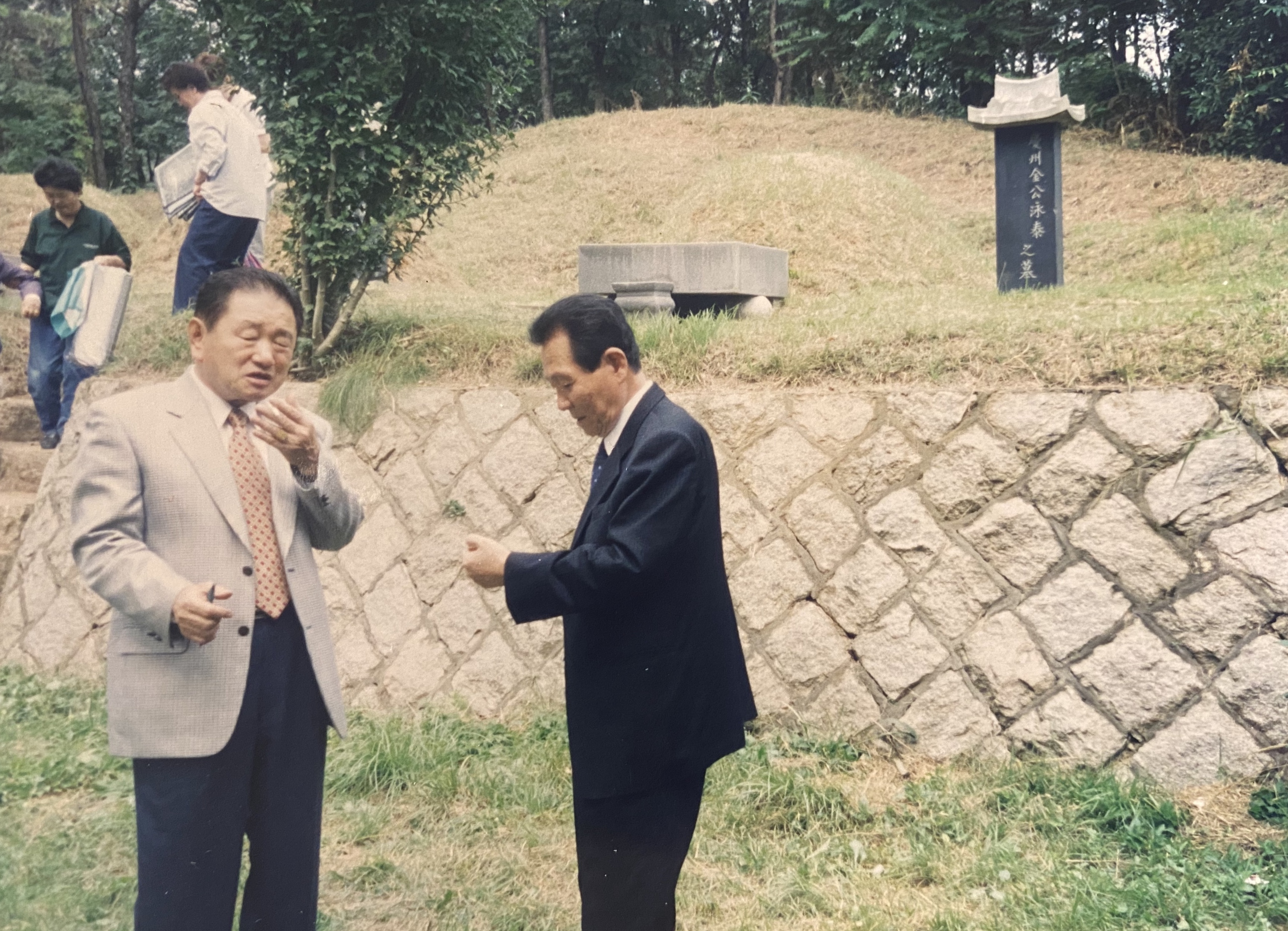
Before it's too late
faraway places
September 29, 2025
I watched a Korean movie called (님은 먼 곳에) "My love is in a faraway place" when I was in the third grade. The movie used Kim Choo Ja's songs as the backbone. She is a South Korean singer, especially popular in the late 1960s through the 1970s. My brother would play that CD in my dad's old Lexus on the way to the nursing home where my grandma stayed. We'd listen to it ironically, but her "BEST 20" always found its way back into my music rotation all throughout my life. I found her songs strangely relatable and uncanny because I could draw parallels to her lyrics...
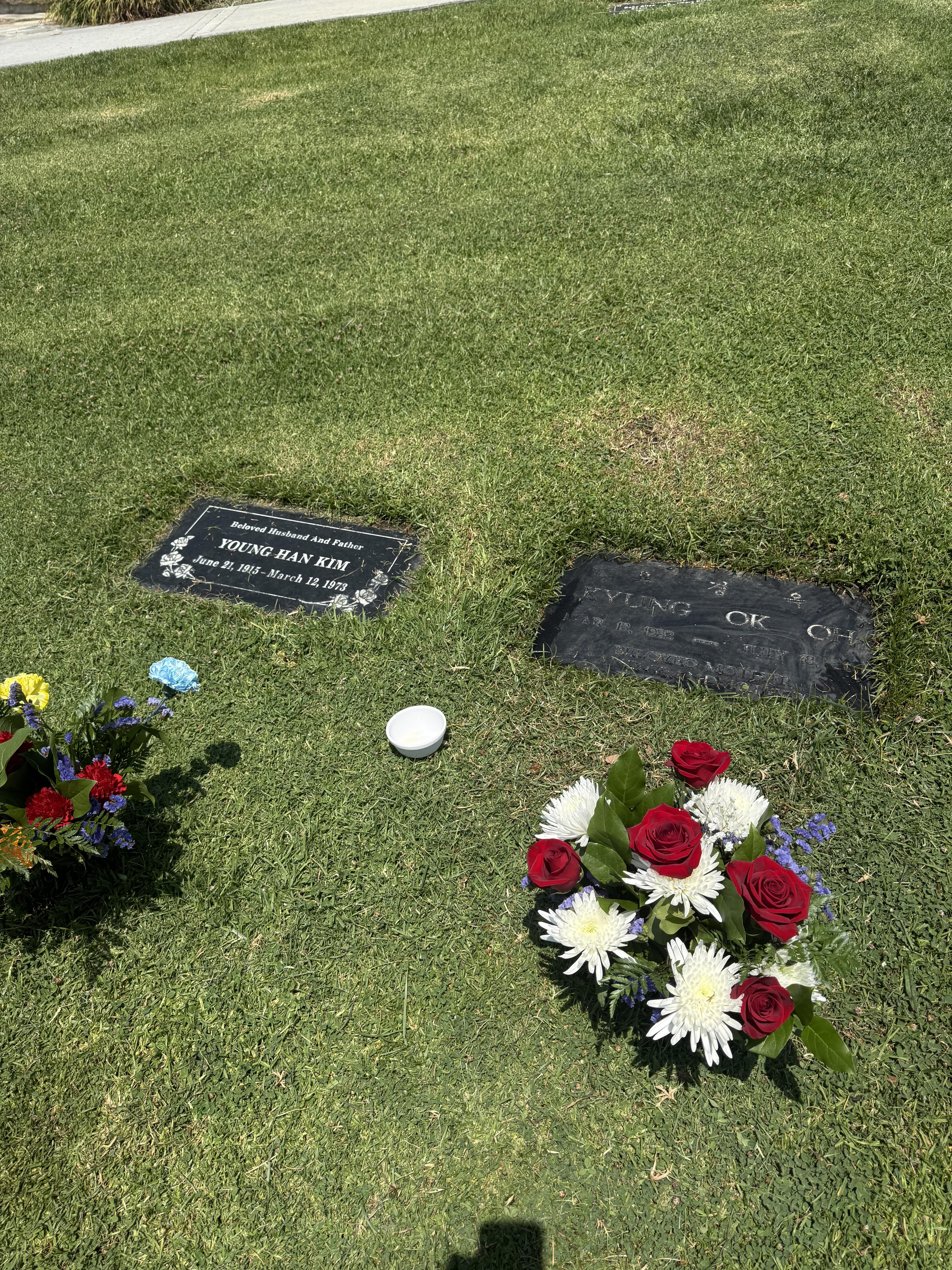
Grandmother
Unconditional Devotion
February 10, 2020
There was no secret that I was my grandma's favorite. Somehow, we always managed to be by each other's side with her hand in mine. She made whatever food that my tiny soul desired including my favorite Korean dessert; sweet rice punch. It seemed as though she devoted much of her existence to my siblings and me(mostly me). In the mornings, we walked across the street into the neighboring cul de sac where we enjoyed the roses lined along the sidewalk...
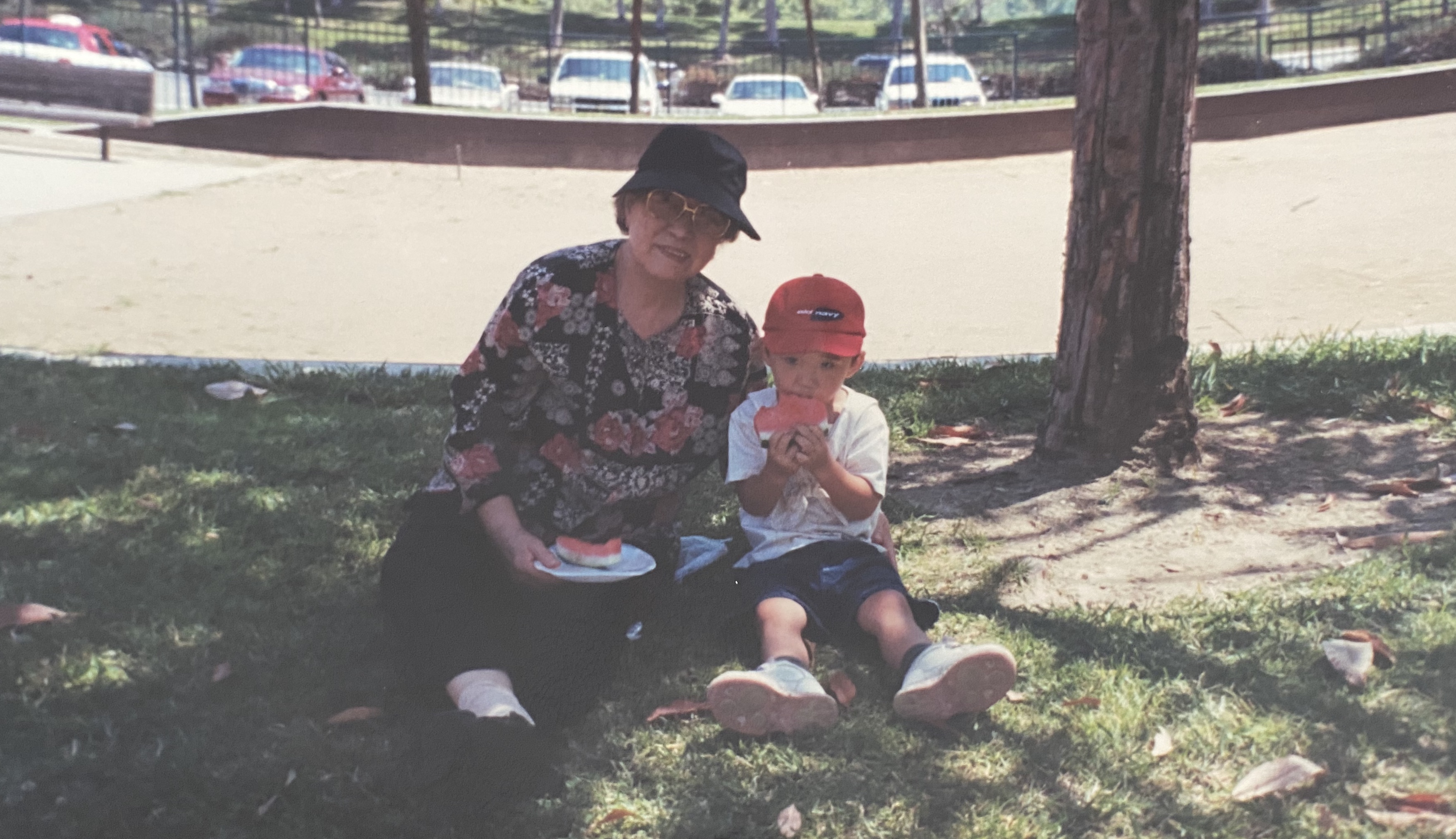
막내 (magnae)
Cultural Identity In Los Angeles
February 11, 2020
고구려(高句麗; Goguryeo) existed in the korean peninsula from the first to seventh century. In an overly patriotic fashion, my father named his kids after the dynasty. Ko(brother), Rea(sister), Narang(sister), and me. The name "Narang" is a combination of the words "Nara Sarang" which directly translates to "love the land(nation)". For most of my life, I grew up with Narang...
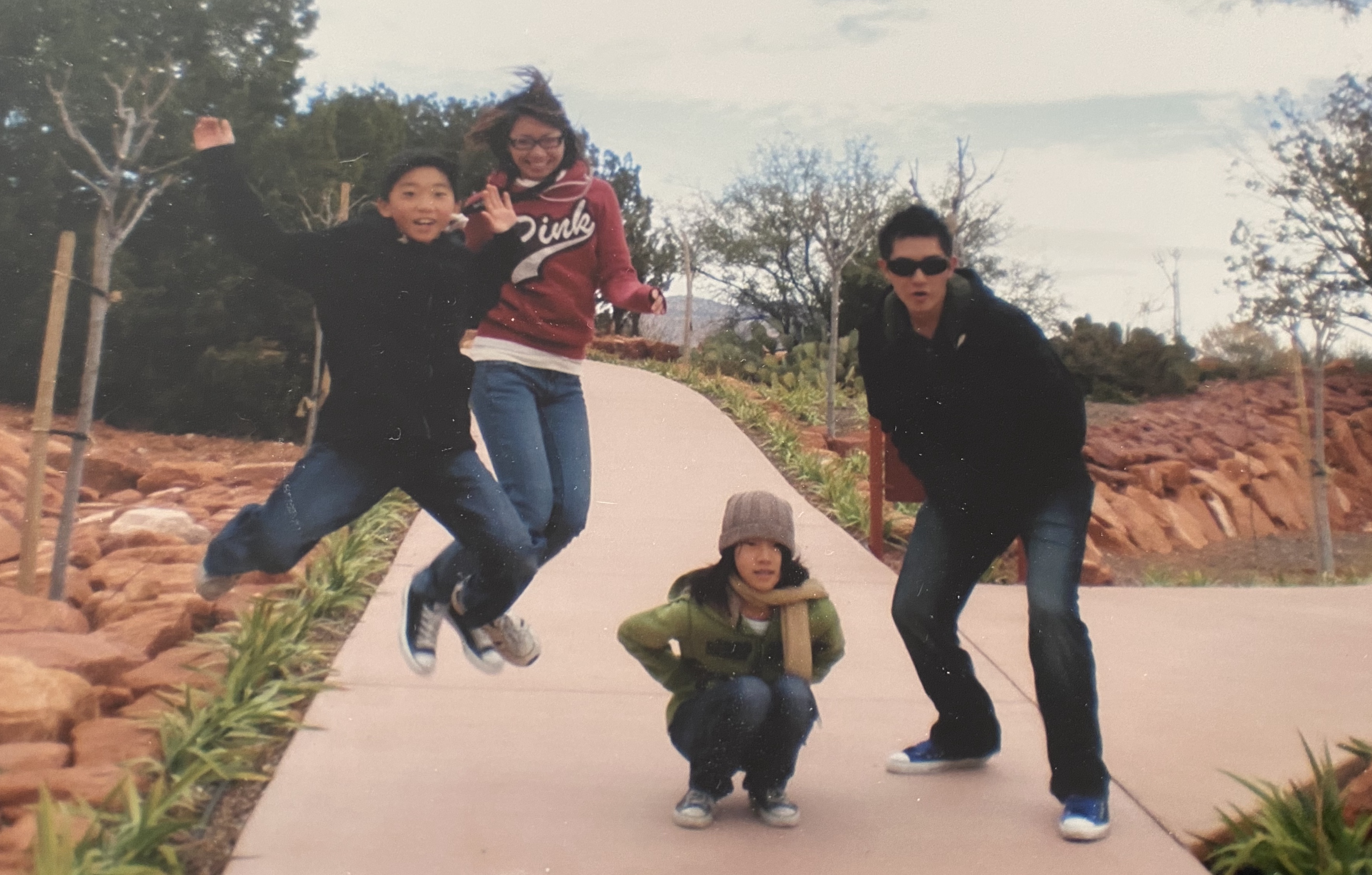
Cans and Bottles
How much a dollar cost?
February 23, 2020
My family always collected and recycled bottles. Visiting home from UCSD, I scrunched water bottles and packed them into my duffel bag since I did not have a car to go to a recycling center near campus. Once I got home, I drove my family's decade old Hyundai to pick up several bags that contained green soju bottles from my father's restaurant along with a basket full of bottles that piled up at my mother's house...
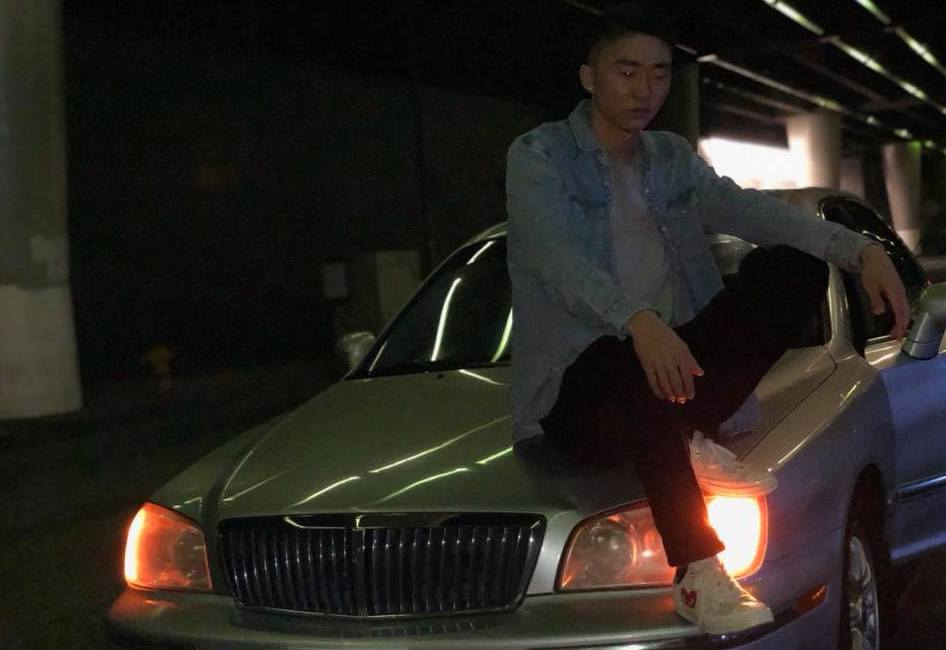
Familiarity in the unfamiliar
Closer than we think
August 12, 2024
People often talk about finding familiarity in the unfamiliar when they move to a new place or start a new job. They try to settle in by looking for pieces of home in their new surroundings, like a favorite kind of coffee shop or a rhythm in the way people walk down the street. For me, it has always been about people...
